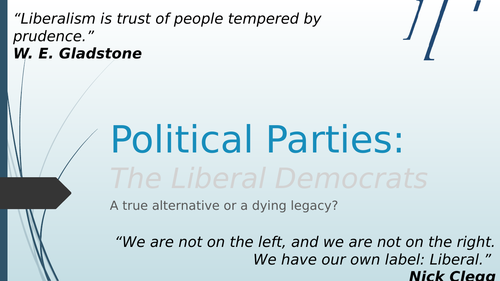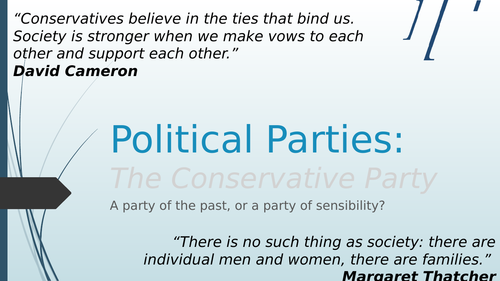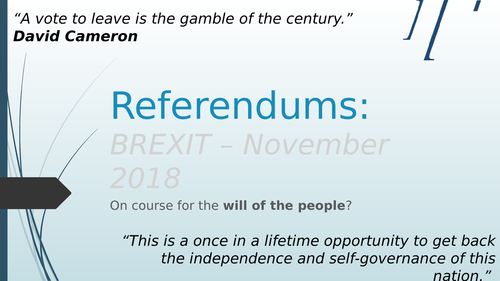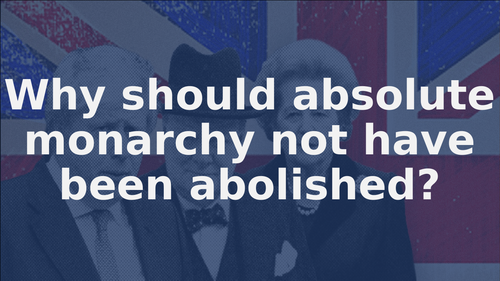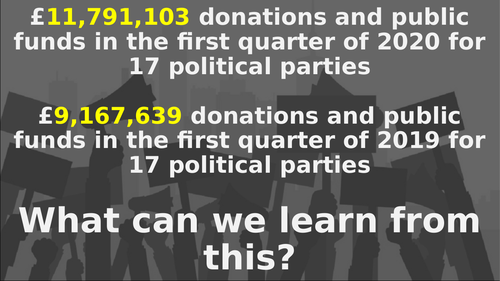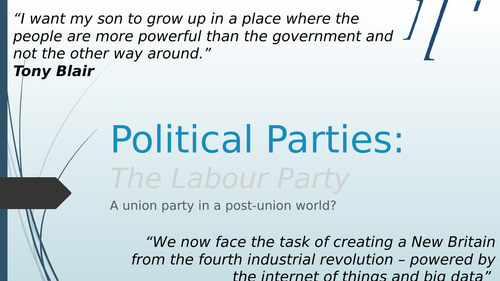Ltjoboyle's Shop
Having originally entered into teaching through Teach First, which I completed in a challenging London Borough with a personal grading of Outstanding, I have since worked as a KS3 coordinator and am now a Second in Department (History and Government & Politics) at a leading international school. Every resource I share has been taught in my own classroom. I don't advocate them as the finished pieces, but I strive for innovation and welcome feedback to continue to improve my own practice!






